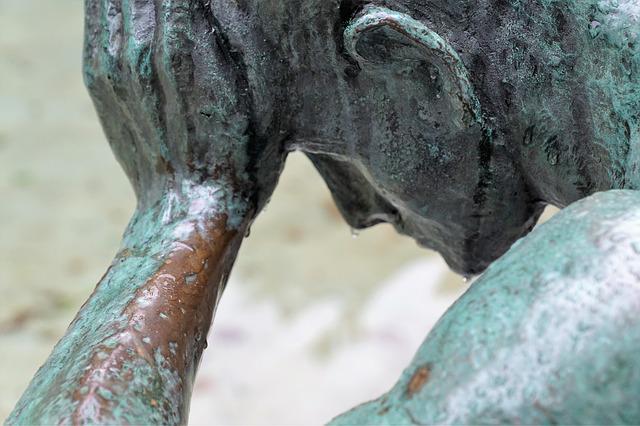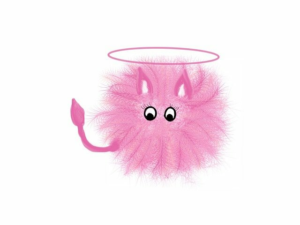Haims: Noise-induced hearing loss is not tinnitus – Vail Daily
The noise in your ears often experienced after a loud concert or exposure to excessively loud sounds can cause a temporary condition called, noise-induced hearing loss. Although loud noise exposure may cause temporary hearing difficulty, it can also cause permanent and irreversible hearing loss as cells and membranes in the inner ear become damaged.
Sometimes, a ringing, buzzing, or muffled hearing in the ear can also be a sign of the onset of a condition calle…….

The noise in your ears often experienced after a loud concert or exposure to excessively loud sounds can cause a temporary condition called, noise-induced hearing loss. Although loud noise exposure may cause temporary hearing difficulty, it can also cause permanent and irreversible hearing loss as cells and membranes in the inner ear become damaged.
Sometimes, a ringing, buzzing, or muffled hearing in the ear can also be a sign of the onset of a condition called tinnitus. Tinnitus can be both a temporary condition or a chronic ongoing health condition. Inexplicably, it is the perception of sound when no actual external noise is present. According to the National Institutes of Health, “it is a common problem for millions of people, as epidemiologic studies have reported its prevalence to be between 8 to 25.3% of the population of the United States.”
Frequently, as hearing loss occurs, higher-pitched sounds are affected first. This causes difficulty in hearing children and female voices along with the sounds made from consonants like, “f”, “s”, and “th.” Additionally, hearing conversations in environments with lots of background noise is often very difficult for people with hearing loss.
Understanding sounds and speech is a complex physiological process. Simplified, sound waves enter the ear canal and travel toward our eardrums. The sound waves cause the eardrum and bones in the middle ear to vibrate. Tiny hair cells inside the cochlea, the sensory organ of the ear, convert these vibrations into electrical impulses that are picked up by the auditory nerve. The auditory nerve carries the electrical signal to the brain, which turns it into a sound that we recognize and understand.
Researchers believe that damage to these cells causes the brain to misinterpret the signals it receives, so it makes up a sound instead. This is called tinnitus. Unfortunately, once the hair cells in the inner ear are destroyed, they do not grow back.
There is no cure for tinnitus. However, there are some well-established treatment options to help reduce the burden of tinnitus. That being said, people who have tinnitus will be best served by tracking their own experiences. Here are some therapies often used to address tinnitus:
Sound therapies: Sound therapies use external noise sources to augment a patient’s perception of, or reaction to, tinnitus. Often white noise, nature sounds, or other ambient and subtle sounds are used. These therapies mask and/or distract people’s awareness of the perceived sounds of tinnitus.
Drug and supplement therapies: There are no FDA-approved medications or supplements that have shown to be effective for tinnitus. Medications that are often used to address tinnitus treat behavioral conditions associated with the burden of tinnitus such as frustration, anger, stress, anxiety, and depression. Such medications are …….
Source: https://www.vaildaily.com/opinion/haims-noise-induced-hearing-loss-is-not-tinnitus/







